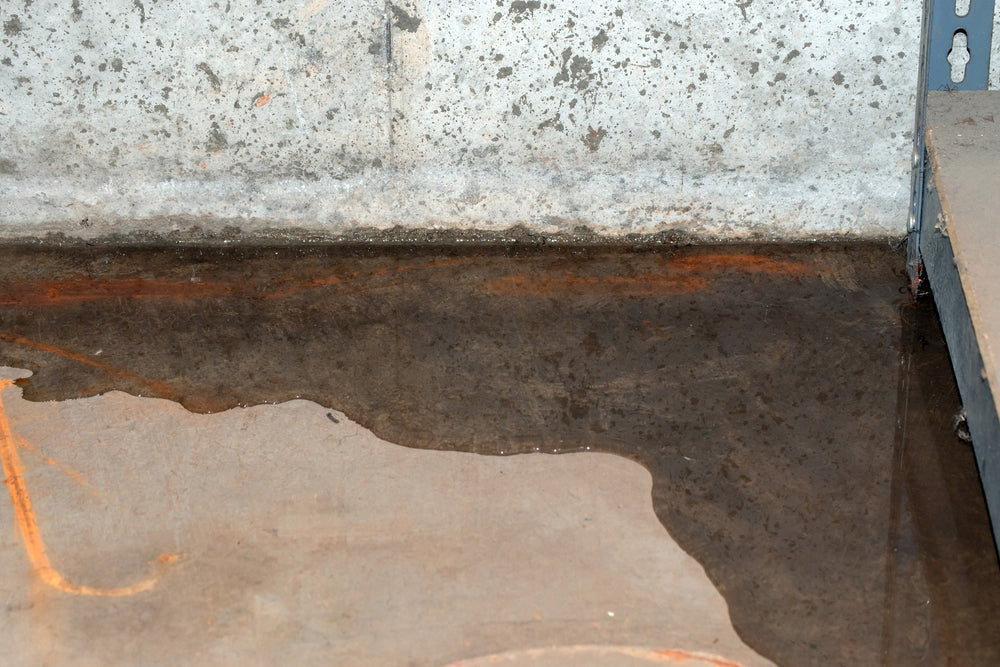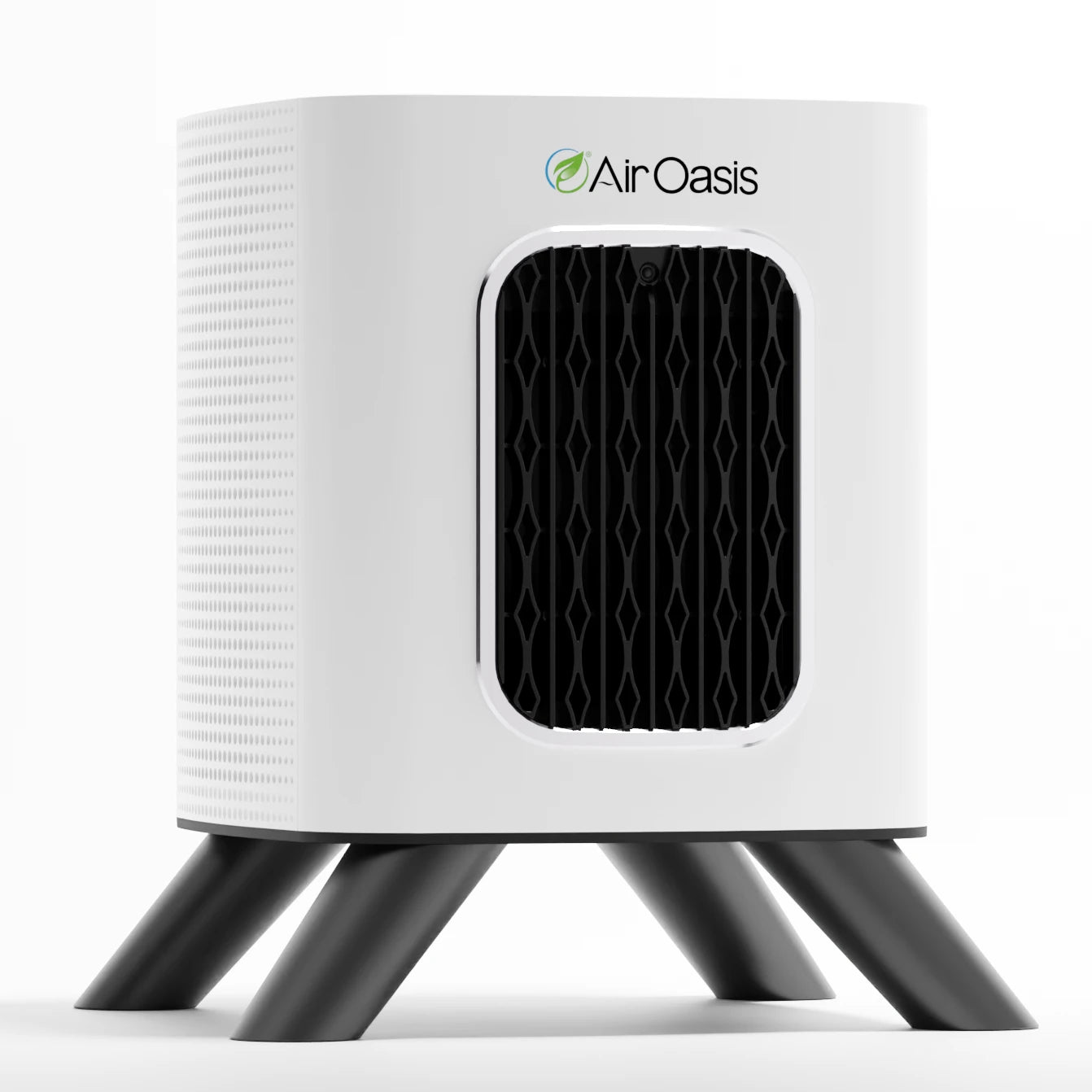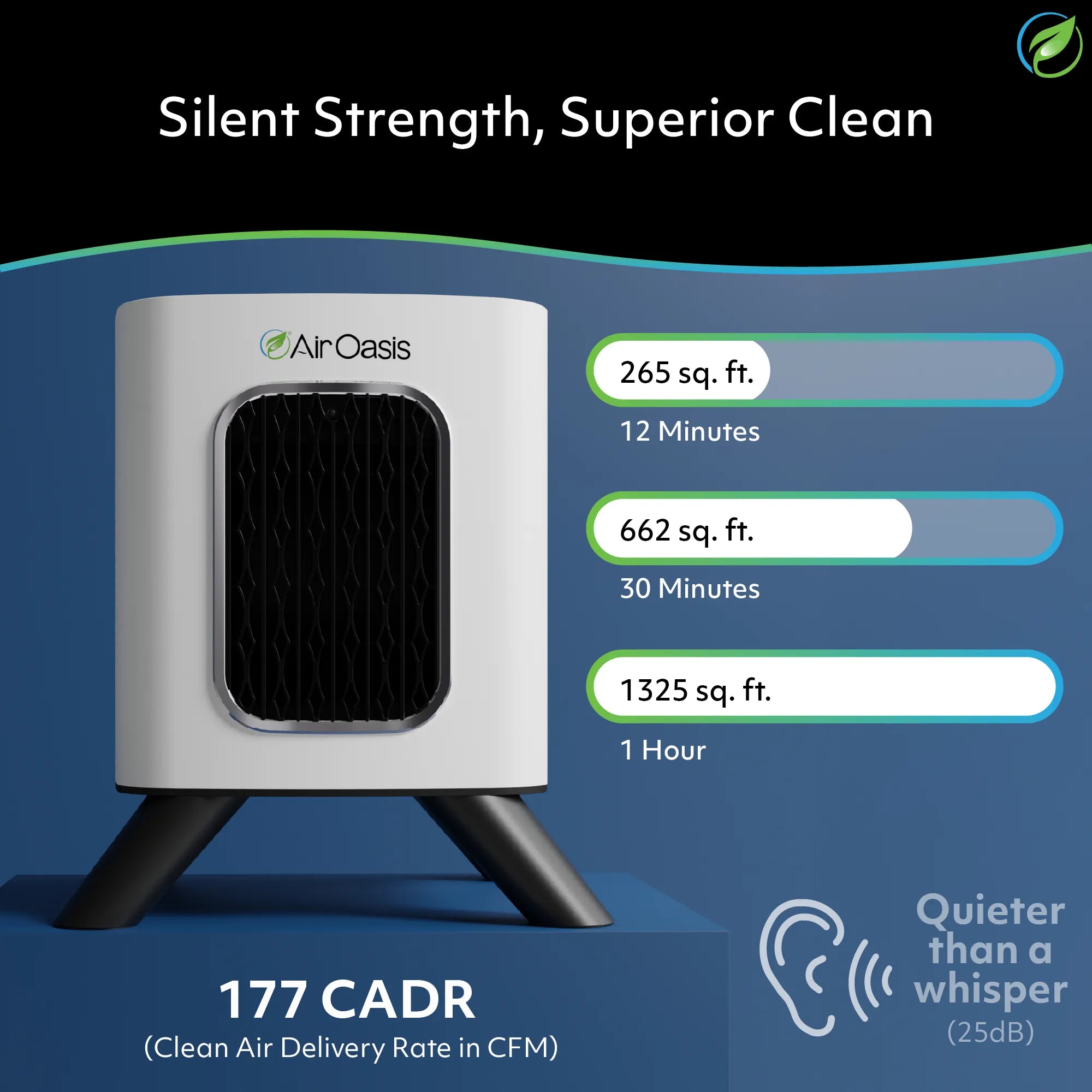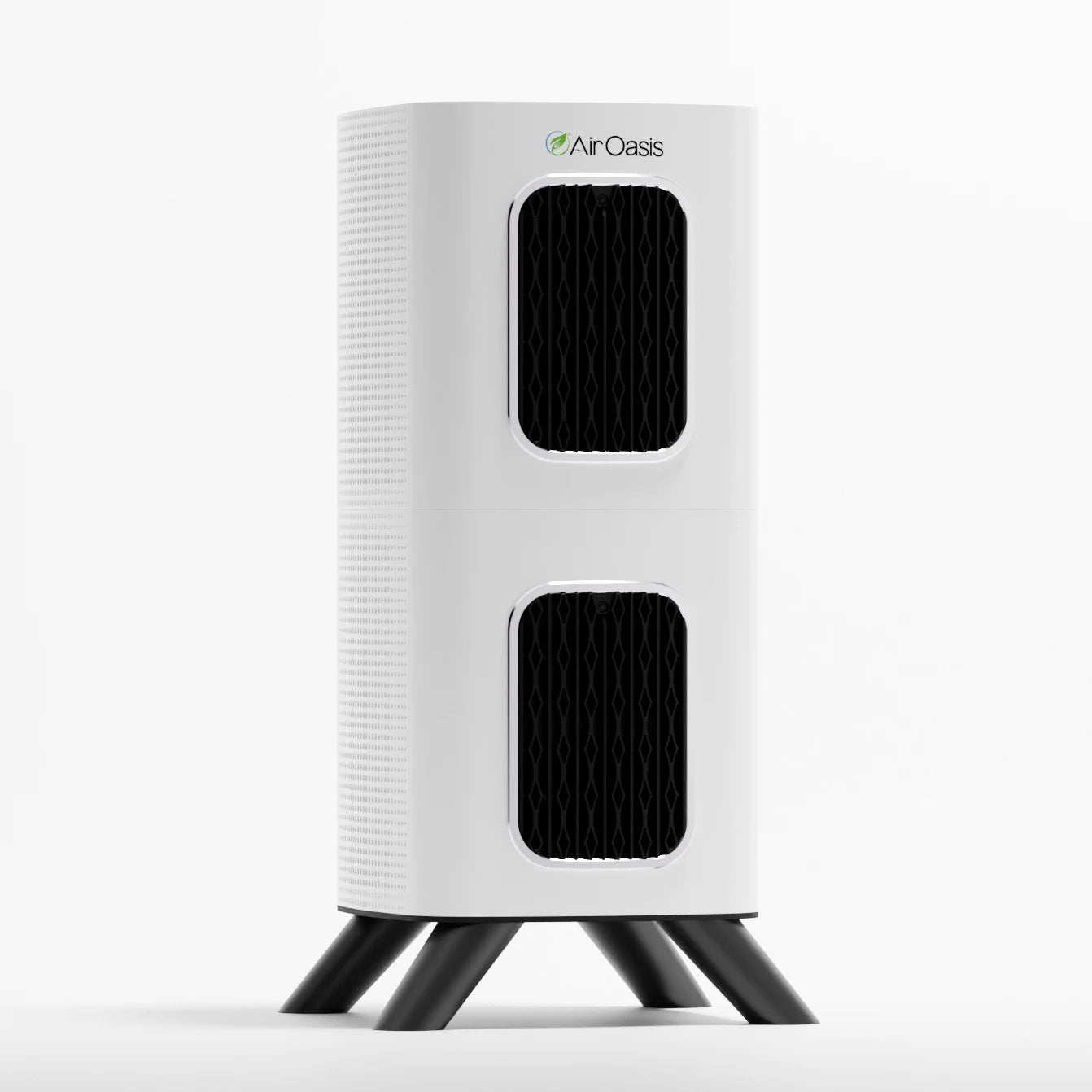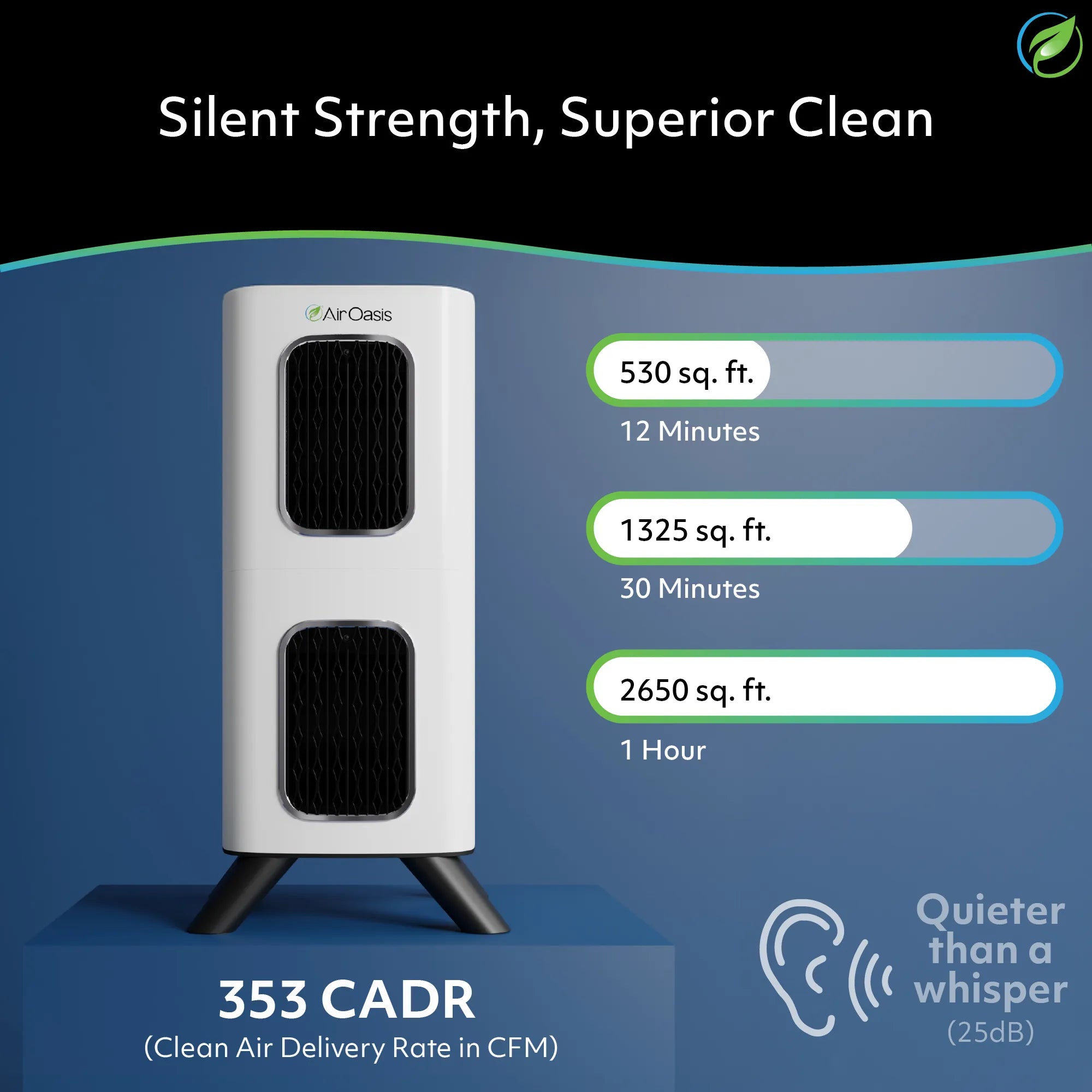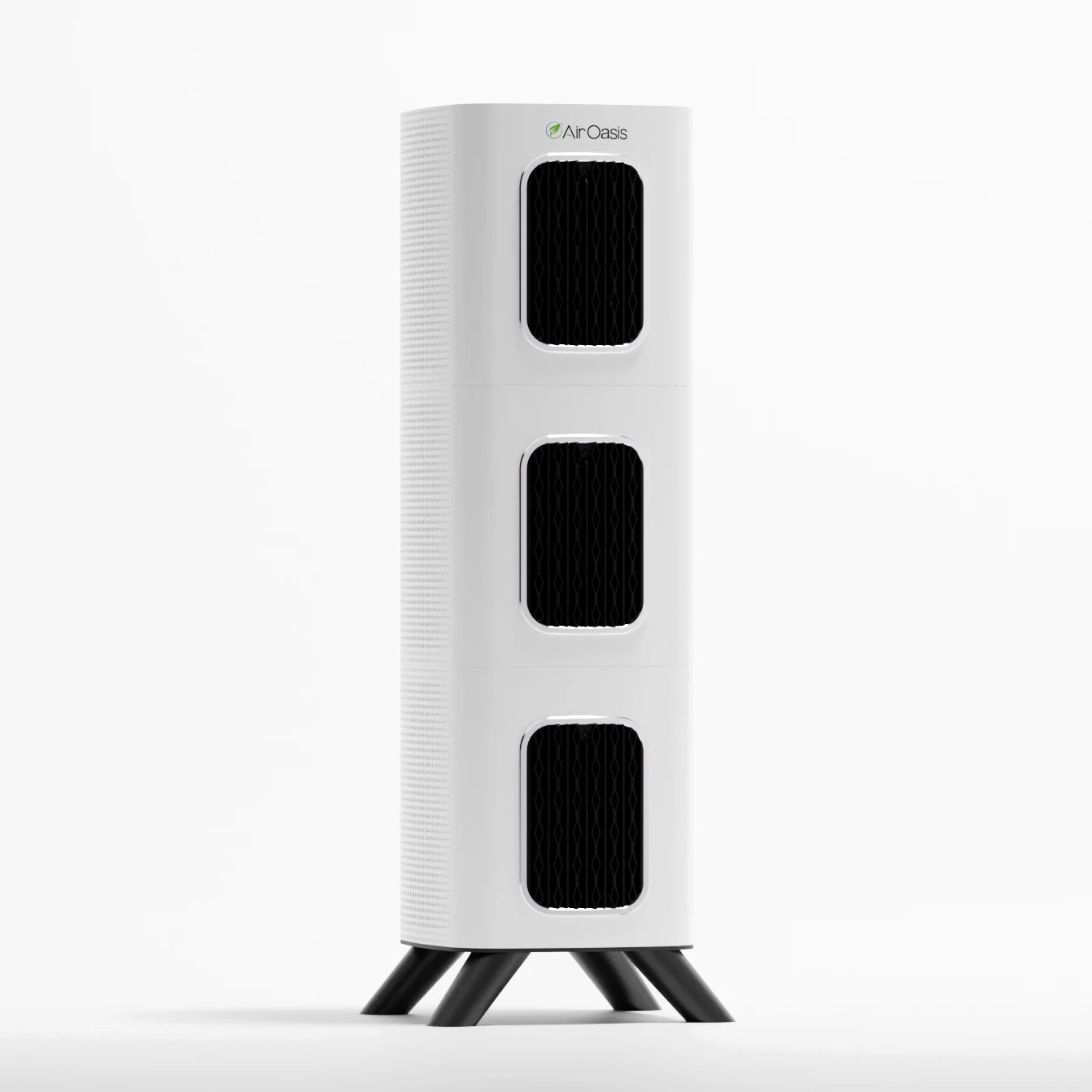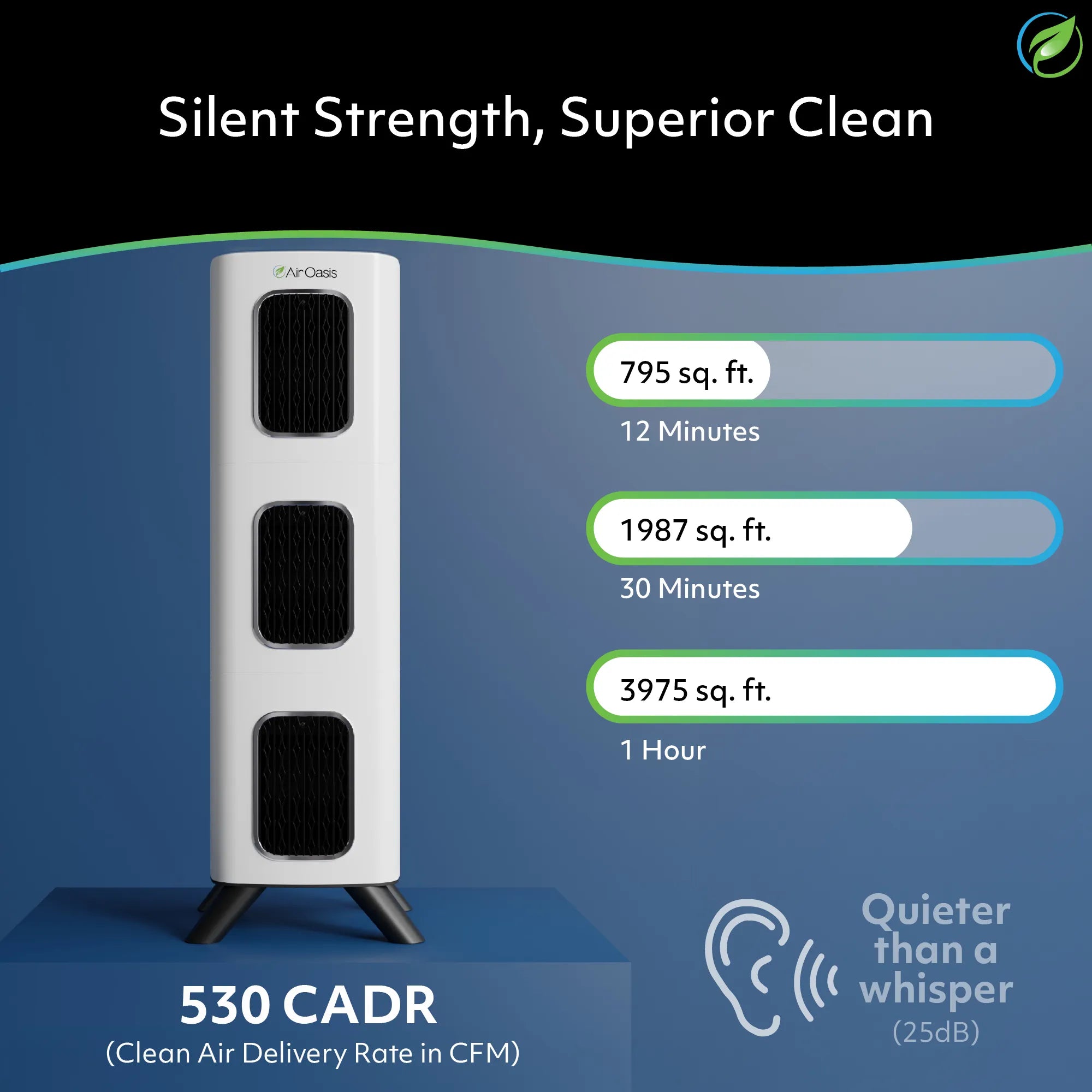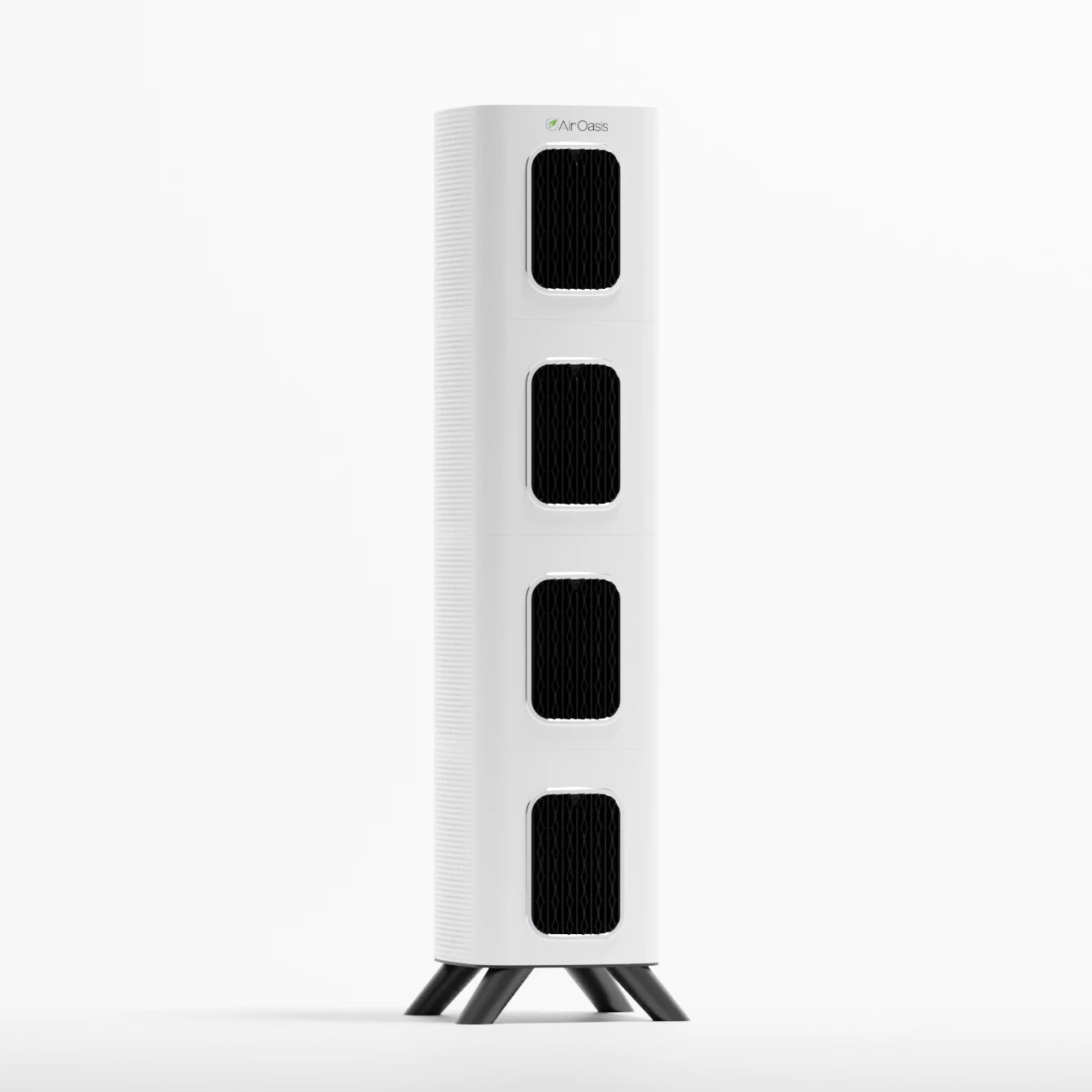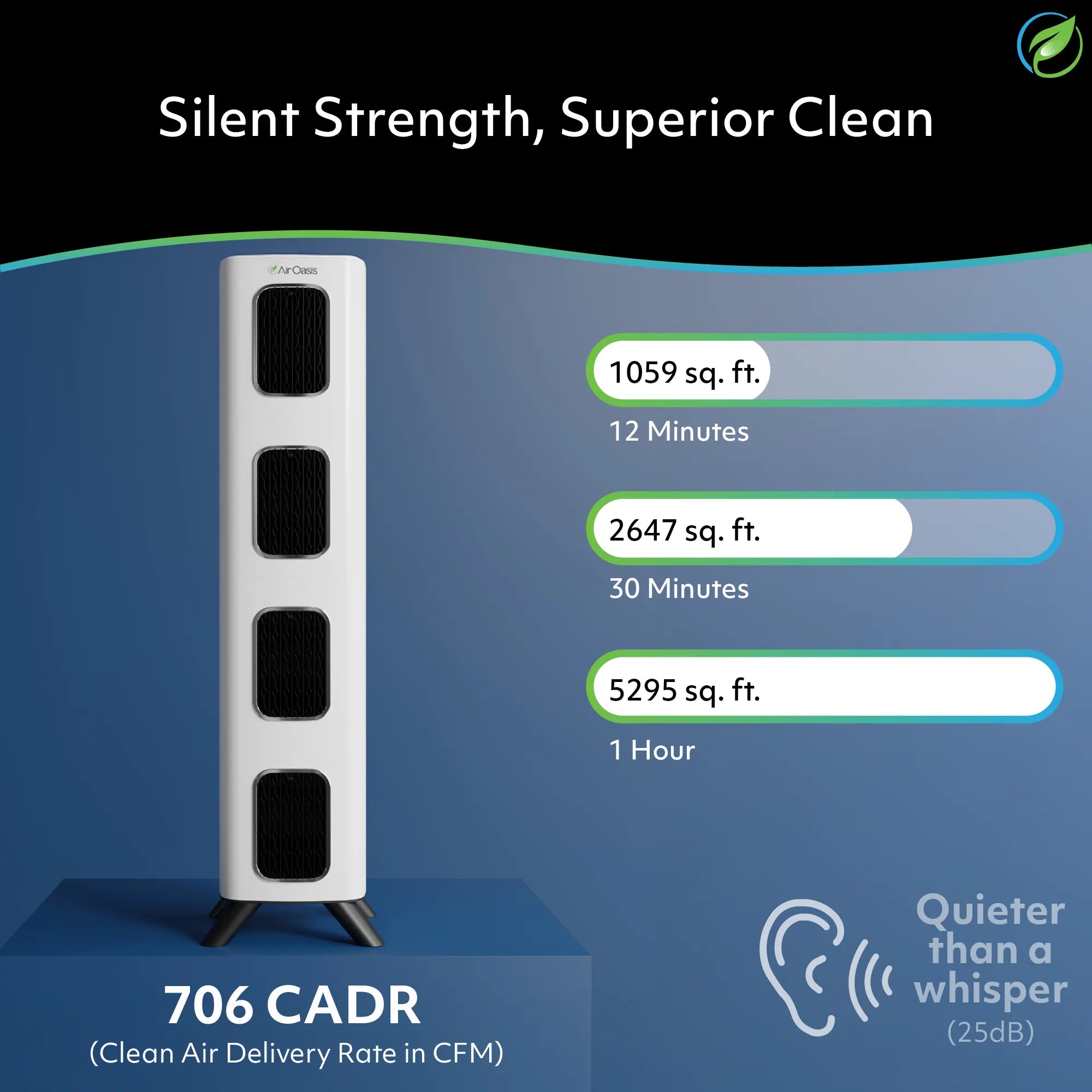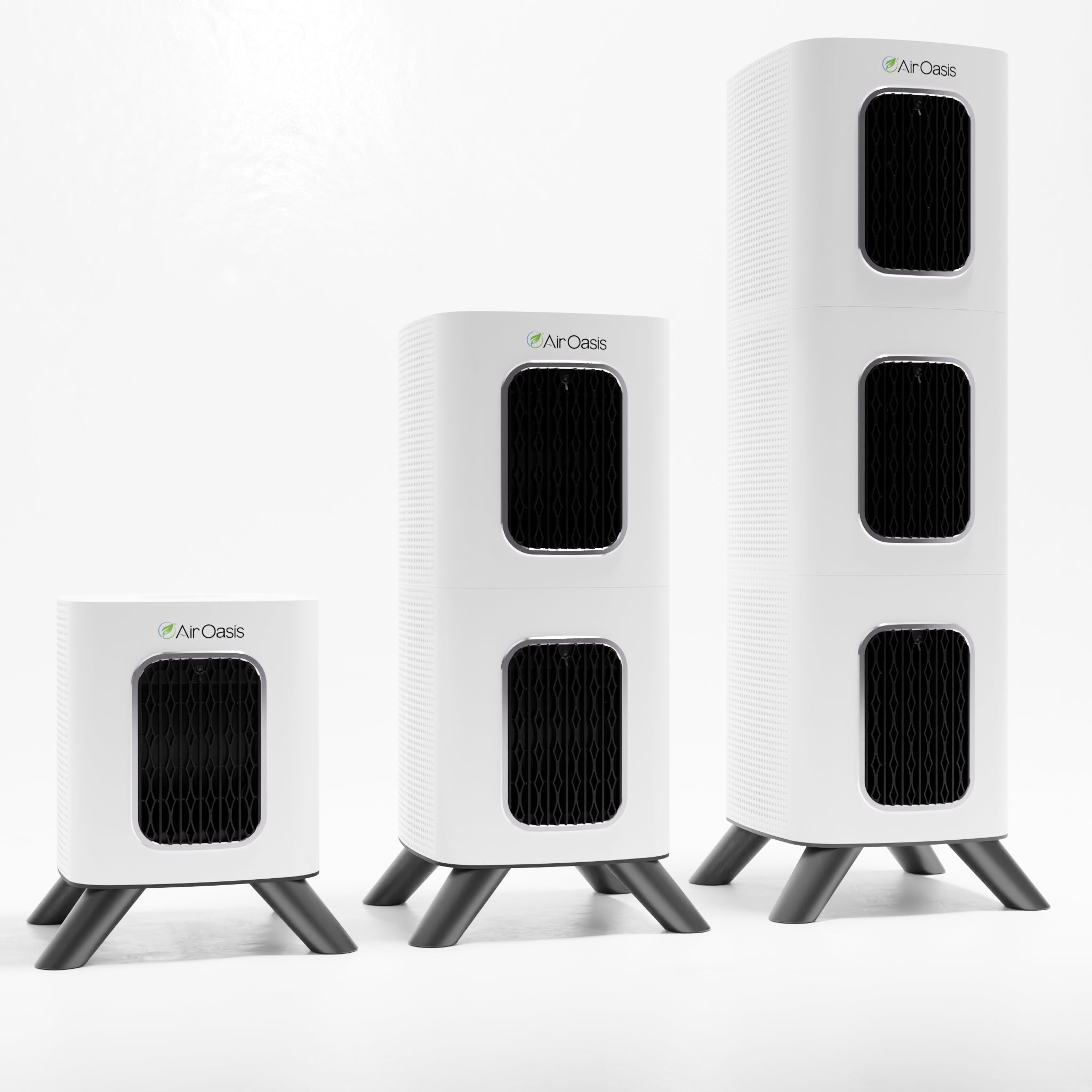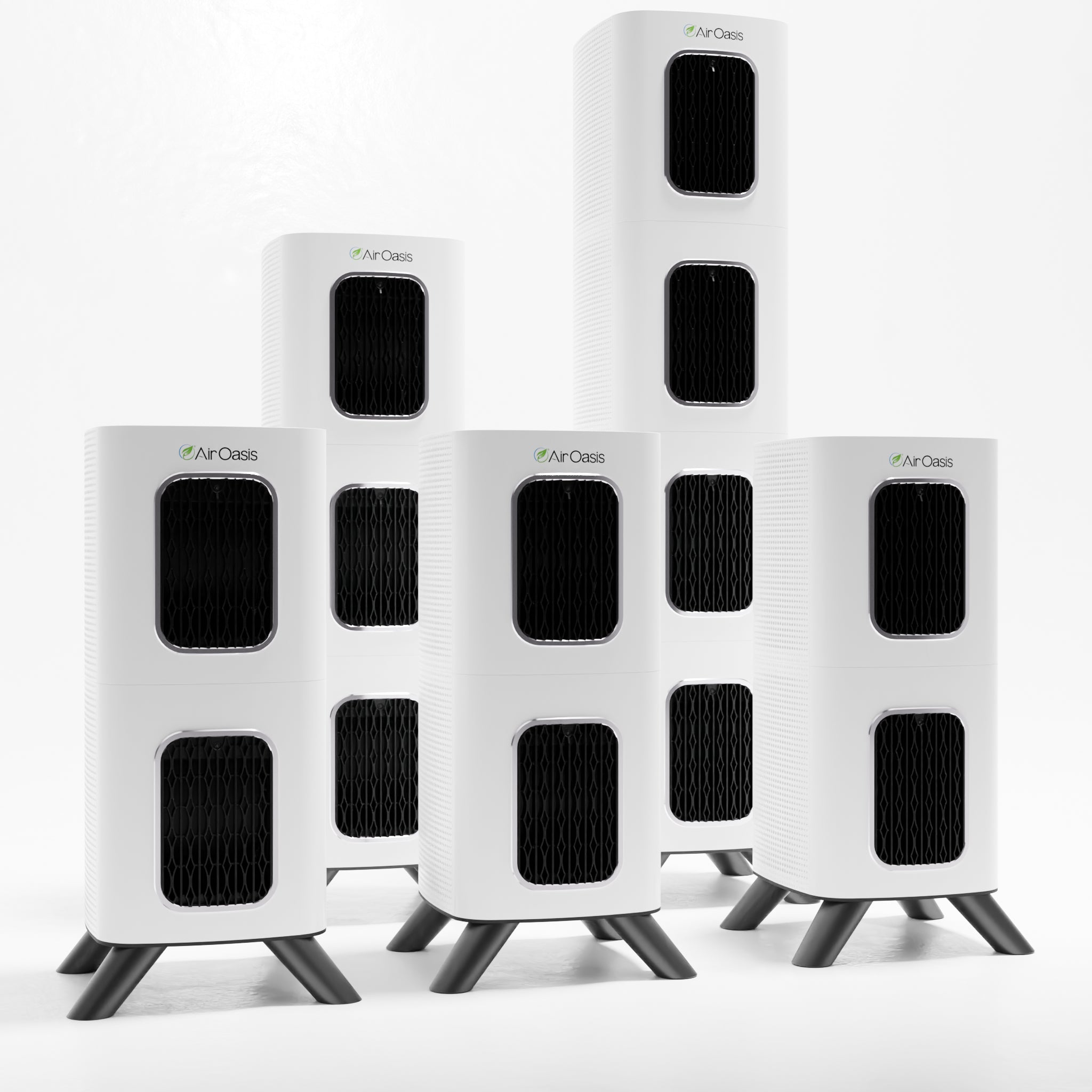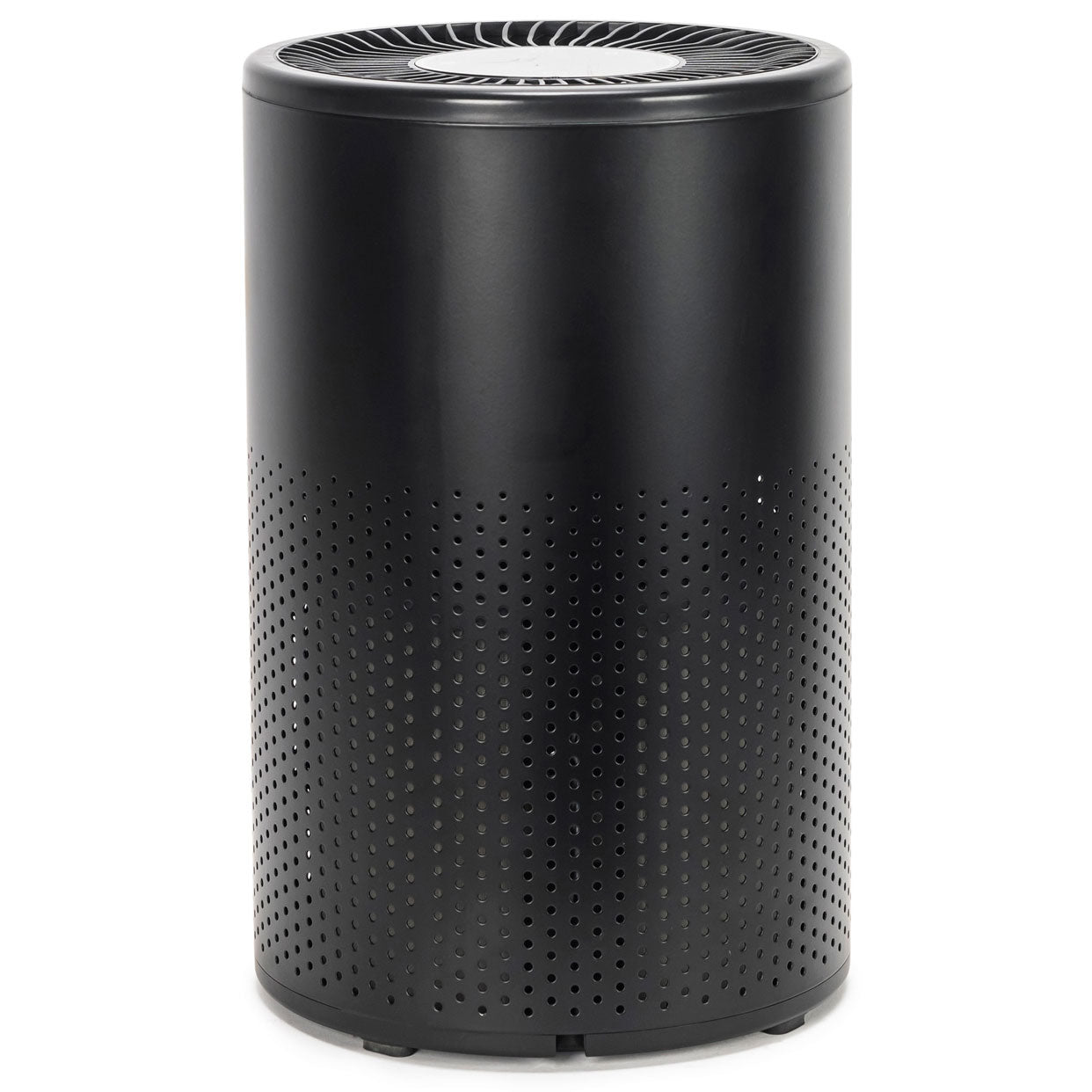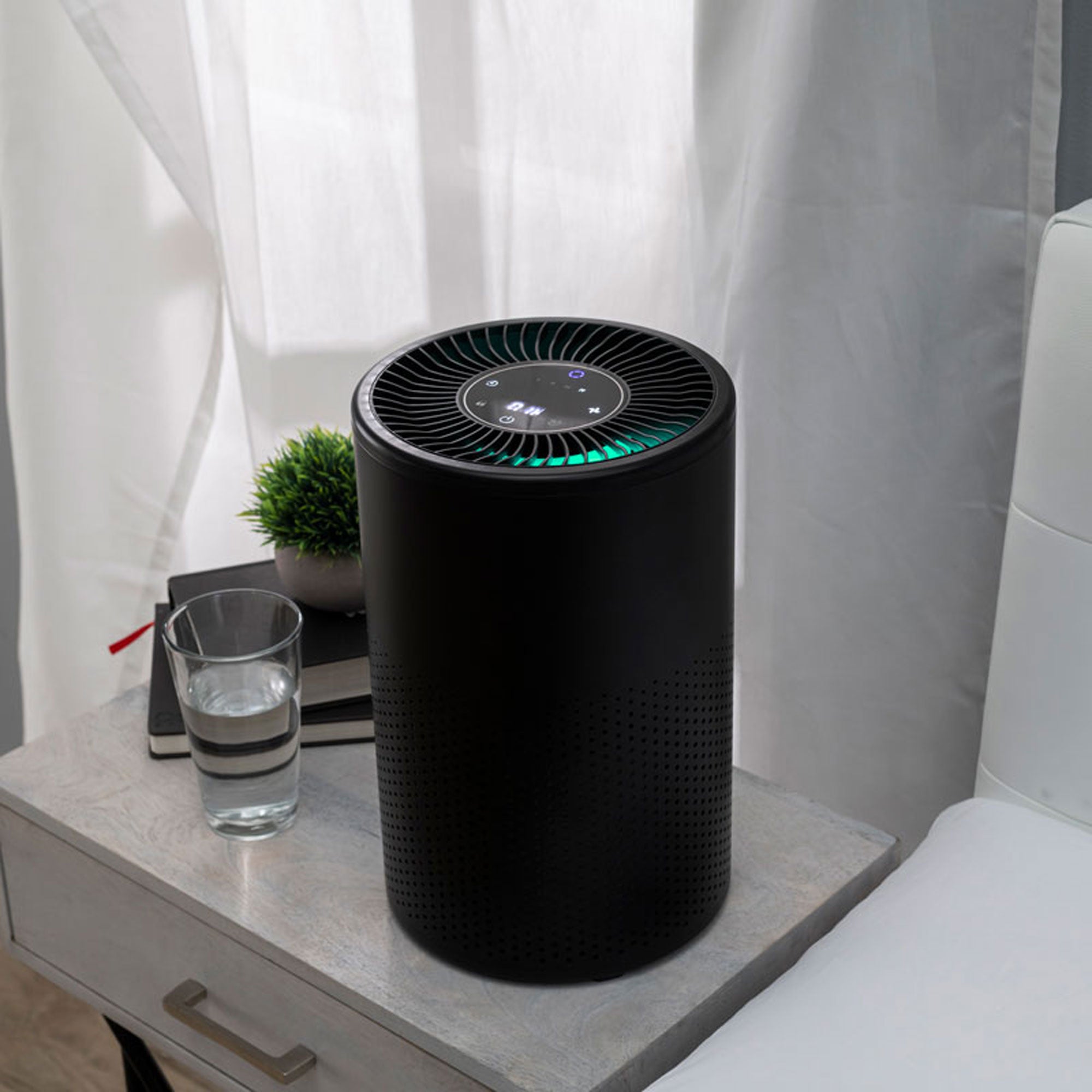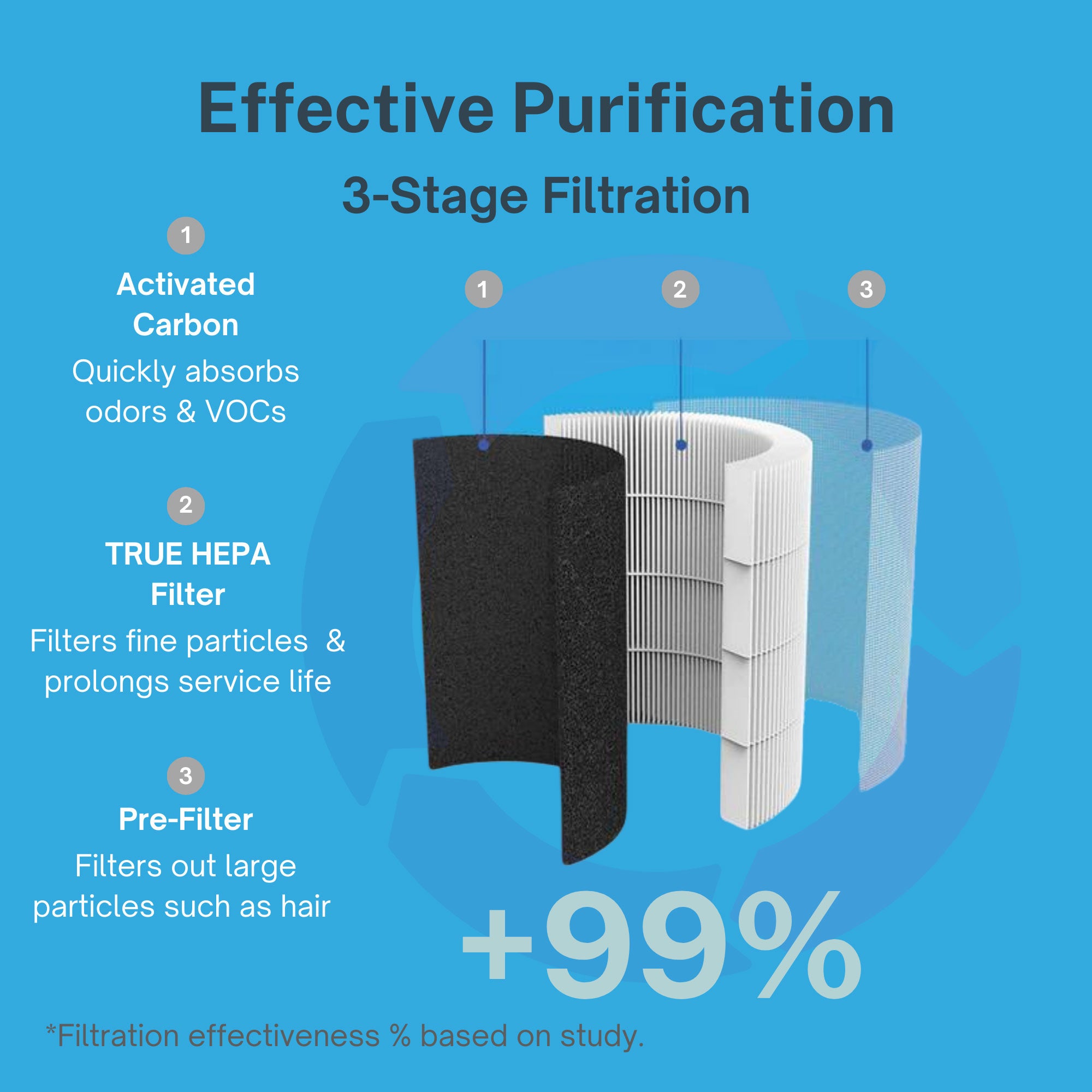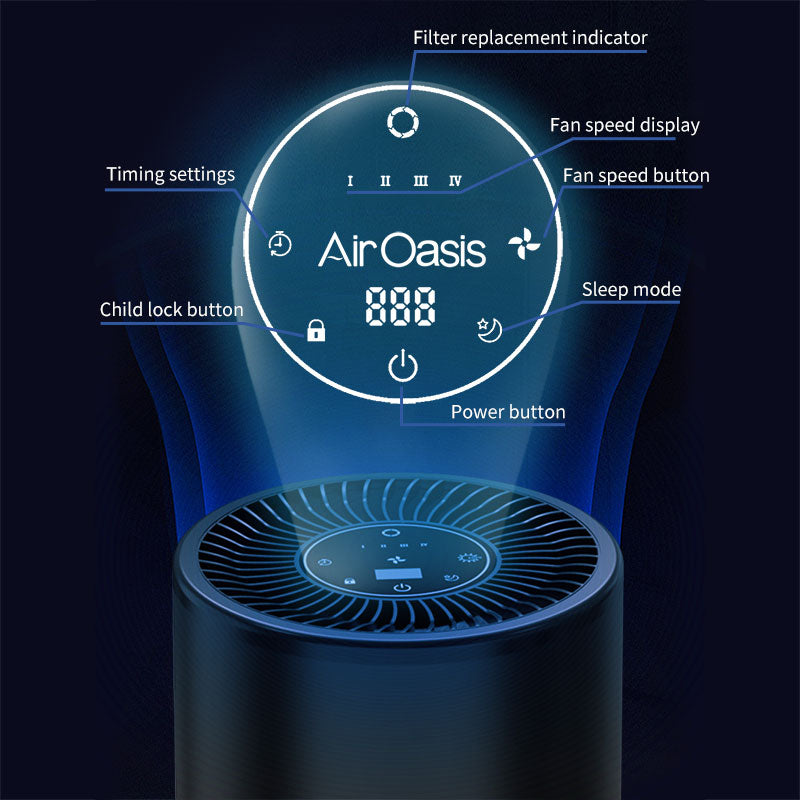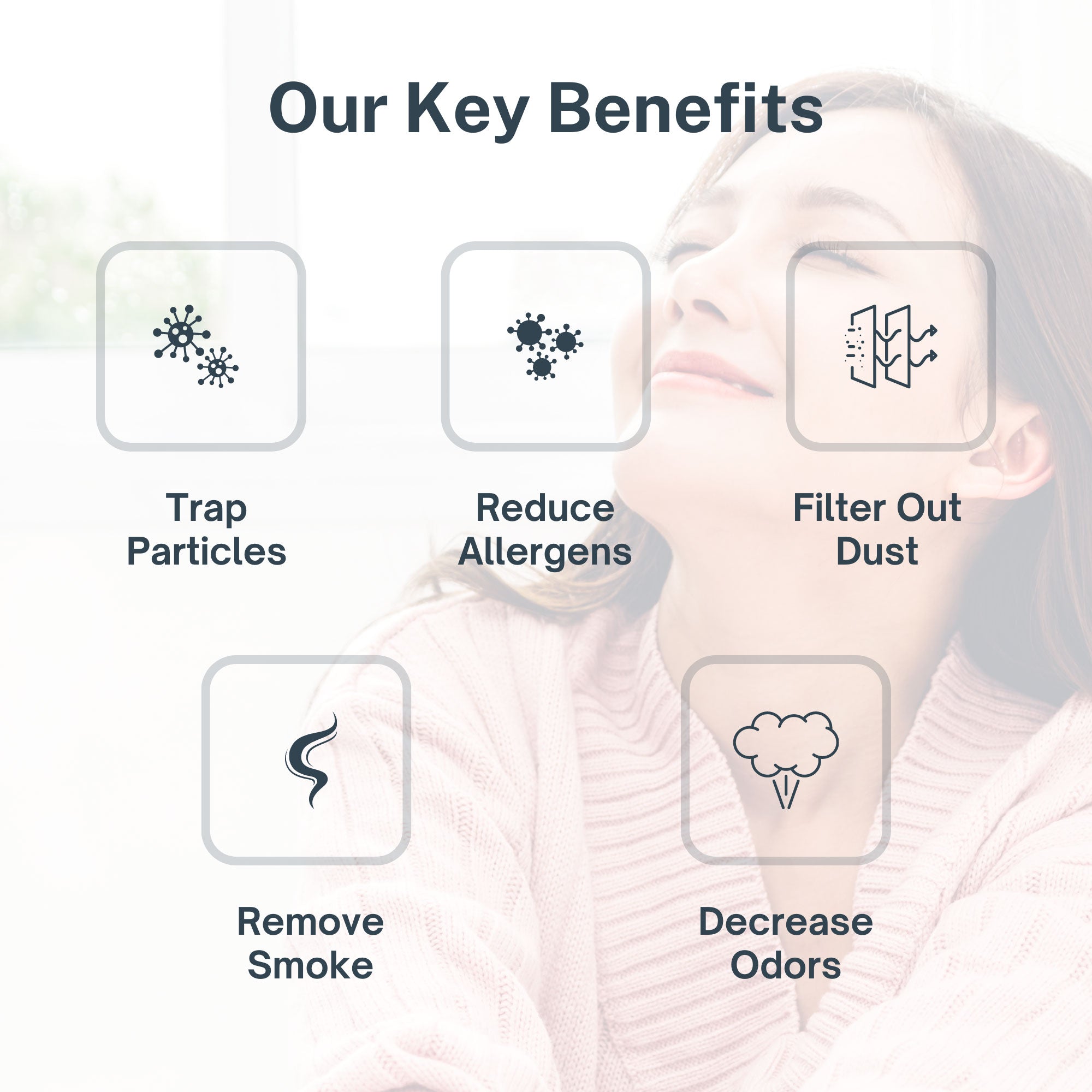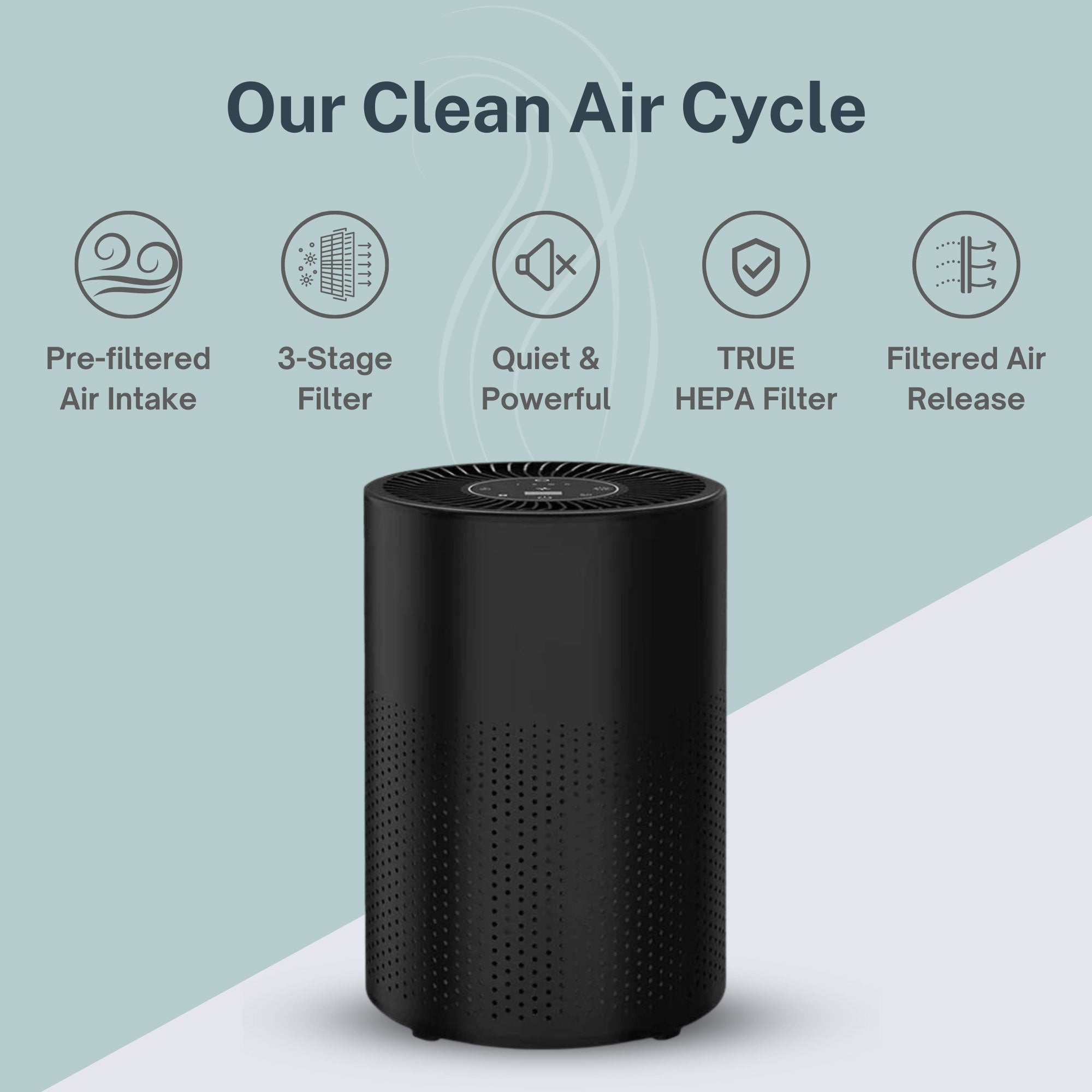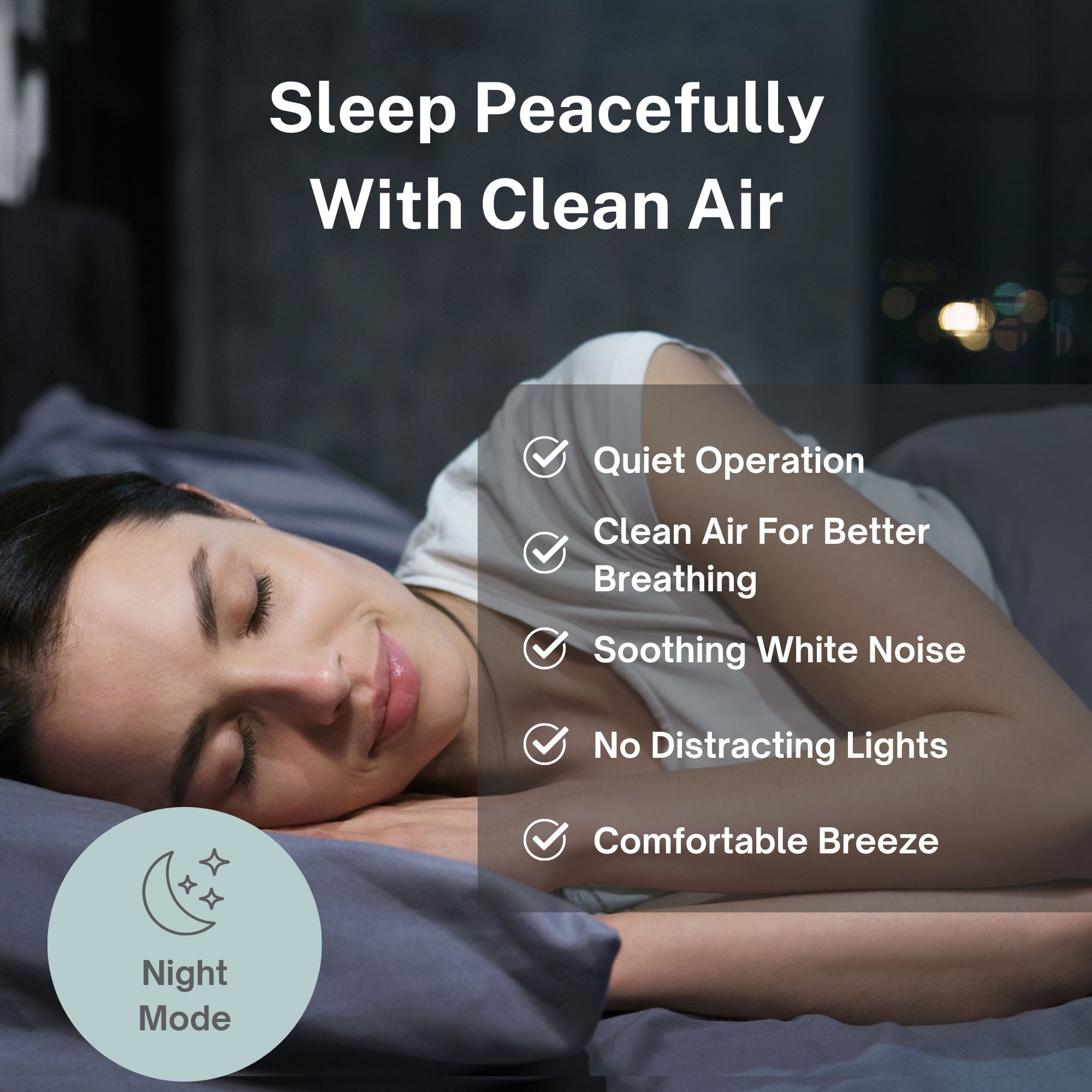The Psychological Benefits of Clean Air: Reducing Mold-Related Anxiety
Did you know that mold exposure in buildings is associated with an increased risk of depression and anxiety? A large study on the topic found strong links between moldy buildings and poor mental health outcomes–people living in homes with mold were up to 44% more likely to have mental health issues than those not living in homes containing mold. With estimates that over 50% of homes and workplaces have issues with dampness and mold, this is a massive public health concern affecting millions.
The Problem: Mold and Anxiety
Mold exposure can significantly increase anxiety, depression, and other mental health issues. The health consequences of indoor mold are well-documented, including increased respiratory issues like coughing, wheezing, and asthma attacks. But mold also affects more than just our physical health.
Prolonged exposure to mold, mycotoxins, and mold spores triggers an inflammatory response in the body, releasing cytokines and chemicals that cause systemic inflammation. This inflammation not only damages physical health but also affects the brain and mental health.
Brain scans of those exposed to mold show noticeable inflammation in regions like the amygdala, hippocampus, and prefrontal cortex. These are key areas involved in emotional processing, stress response, and executive function. When inflamed, it impairs emotional regulation, memory, and decision-making.
The health consequences of chronic inflammation are widespread, including increased respiratory issues like wheezing, coughing, asthma attacks, and worsened allergies. But mold also goes beyond just physical symptoms.
How Mold Exposure Affects Mental Health
The biological response and inflammatory cytokines released during mold exposure provide a direct pathway to increased anxiety and psychological issues.
Chronic inflammation from mold exposure is associated with higher anxiety, increased depression, brain fog, and mood swings. This is likely due to the release of the cytokine IL-6 during inflammation, which researchers have directly linked to depressive symptoms and anxiety.
Those with pre-existing mental health challenges like anxiety disorders and clinical depression are also far more likely to experience exacerbated symptoms when exposed to indoor mold.
In addition to increased anxiety and depression, mold exposure can also impair cognitive function, memory, and emotional regulation. This leads to an overwhelmed and distressed psychological state for many people with chronic mold exposure.
The inflammatory cytokines and chemicals released by mold exposure lead directly to anxiety and psychological distress through several mechanisms:
- A specific cytokine, one called IL-6, has been shown to directly cause symptoms of depression and heightened anxiety. IL-6 levels consistently correlate with depression severity and duration.
- Chronic inflammation impairs hormone production, including serotonin, dopamine, and norepinephrine – all of which are critical to mood regulation.
- Inflammation causes an immune reaction, which impairs cognition, memory, and emotional processing by the brain.
- A protein that’s released during inflammation accelerates cognitive decline and memory loss.
- The inflammation then destroys neurons and reduces brain function, leading to anxiety, brain fog, and depression as new nerve cells can’t form.
Researchers have directly linked this inflammatory response to psychological outcomes, including:
- Increased feelings of anxiety, panic, and fear. Those with pre-existing anxiety see the worst effects.
- Heightened risk for major depressive disorder and depressive symptoms. Low mood, lack of motivation, loss of interest, and sadness are common.
- Impaired concentration, memory issues, and reduced cognitive function. Also described as brain fog.
- Delays in emotional development, emotional regulation issues, and inappropriate emotional responses.
- Compulsive tendencies, obsessions, perfectionism, and rigid thinking patterns.
- Lethargy, fatigue, hyperactivity, irritability, and sleep disturbances.
The risks for these psychological issues increase the longer someone is exposed to indoor mold. Children are especially vulnerable to the neurological effects.
The Solution: Clean Air = Clear Mind
The good news is that reducing exposure to indoor mold and mildew can alleviate inflammation and anxiety. Preventing the inflammatory response from ever starting avoids the downstream impacts on mental health.
Clearing the air of mold spores, VOCs, and other allergens using high-quality air purification systems has been clinically demonstrated to:
- Improve psychological well-being and emotional resilience
- Reduce inflammatory cytokine production
- Prevent anxiety, depression, and cognitive decline
- Improve memory, concentration, and brain functioning
- Increase energy, positivity, motivation, and calmness
Air Oasis air purifiers leverage UV light and high-efficiency HEPA filters to remove 99.9% of allergens, mold, mycotoxins, bacteria, smoke, and other pollutants from the air. This prevents inflammatory reactions and keeps cytokine levels low, which in turn keeps inflammation down and negative mental health effects to a minimum.
Take Control of Your Air Quality
While mold exposure has significant impacts on mental health, the good news is you have the power to take control of your indoor environment.
Here are some tips to actively monitor and improve the air quality in your home or office to reduce mold counts and support psychological well-being:
- Use a hygrometer to monitor humidity levels and keep indoor humidity below 50%. Mold thrives in damp conditions.
- Run high-quality HEPA air purifiers with UV light in often-used spaces like bedrooms and living areas to constantly filter mold spores.
- Open windows regularly when humidity is low to bring in fresh air and ventilate stagnant air.
- Fix any water leaks quickly and thoroughly dry any damp areas to prevent mold growth.
- Limit clutter and dust, which can harbor mold spores. Clean and disinfect surfaces prone to dampness.
- Consider investing in a dehumidifier for basements or naturally damp rooms.
No one should have to live with high anxiety, brain fog, and respiratory issues from indoor pollutants. Take charge of your indoor air quality today!
Calm Your Mind with Air Oasis
If you are concerned about the mental health impacts of mold exposure, don't wait - take action today. Invest in an Air Oasis purifier designed specifically to eliminate mold and experience the benefits of clean air. Shop now and breathe easier knowing the air you and your family breathe is pure, mold-free, and psychologically uplifting.
Mold exposure can silently impact mental health, leading to increased risks of anxiety, depression, and cognitive issues. By cleansing the air of mold spores and inflammation-causing VOCs, Air Oasis air purifiers promote balanced respiratory functioning.
The mental health benefits of clean air are clear. Breathe better today with Air Oasis.
